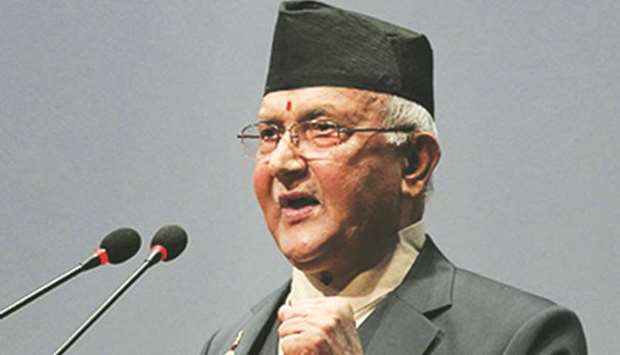Hinting at the preparations for increasing the wages, Prime Minister K P Sharma Oli, in his congratulatory message on the occasion of International Workers’ Day, reiterated the government’s commitment to fully
implementing the labour law.
“A large number of youths are compelled to head out of the country and subjected to exploitation due to the lack of appropriate working environment in the country. The government remains sensitive towards the plight of Nepali youths forced to risk their lives in an unknown foreign land and engage in hard labour,” the message reads.
If stakeholders — the government, the private sector and trade union officials — fail to fix the minimum wage unanimously, says the labour law, the ministry of labour, employment and social security can unilaterally fix new wages. The law further states that the revised wages are implemented from the first month of the fiscal year unless there is another agreement between the employer and the employee.
Since the law requires wage revision every two years, the government should abide by it, said Bishnu Rimal, former president of General Federation of Nepalese Trade Unions (Gefont). “Apart from increasing the minimum wage, the government should also play a proactive role in effectively implementing other provisions mentioned in the law for the betterment of workers,” said the chief adviser to
the PM.
The government last revised the minimum wage for workers in February 2016 to Rs9,700 per month and Rs395 per day. Trade union members have demanded that the amount be increased by at least Rs5,000 to ensure
security of workers.
Rimal said the government should ensure that the monthly minimum wage hovers around Rs15,000. “If this happens we can bring down the rate of mass exodus of youths to foreign soil seeking employment
opportunities.
Chandra Dhakal, chairman, Employers’ Council of the Federation of Nepalese Chambers of Commerce and Industry, said the private sector was positive about increasing the minimum wage based on relative valuation. “There should be no hesitation in revising the wages based on the current time and situation,” said Dhakal.

